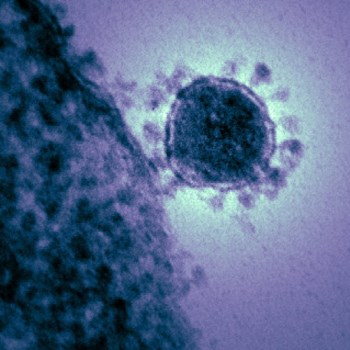
As cases of the new coronavirus increase here in the US, the crisis has led to a number of questions from condominium boards to the effect of: What should we do to protect the condominium and its members? What is our responsibility for the clubhouse, pool, workout area, playground, plumbing, HVAC system?”
Condominium boards should be vigilant. However, there are limits on what can be done to fight the coronavirus/COVID-19. While the situation should be taken seriously, there’s much that isn’t yet known about the virus. For instance, there were early theories that the virus might have been transmitted in cruise ships and apartment buildings through HVAC circulation or plumbing systems, but nothing has been proven. Several recent US cases do not seem to have a clear origin, leaving us with no clear direction on prevention methods. We hope that there will soon be better guidance from professionals on the disease and how it is transmitted.
In the meantime, organizations, institutions, and individuals are doing what they can to mitigate the spread of the virus. My daughter’s high school and several high schools around are organizing 'disinfectant programs' with companies to clean and disinfect the schools on a regular basis. The thought behind disinfectant programs is that the virus lives on surfaces for a period of time, so frequent, thorough cleaning of those surfaces may help prevent its spread. I think the high schools feel it is better to do something rather than nothing.
From a legal perspective, mitigation responsibilities will likely fall on familiar lines of ownership; the association controls the condominium’s common areas, while individual owners and shareholders control their private living spaces. With that as a starting point, the association will likely have the following obligations if the coronavirus - or even a stomach bug, flu, or some other contagious illness - becomes more widespread:
More frequent, more extensive cleaning, disinfecting, and wiping down of common areas and common area surfaces. (Your community's legal counsel or management should be able to provide names of companies in your area that are utilizing disinfectant programs.)
Gatherings in the common areas, whether a membership meeting or educational event, may need to be postponed or cancelled.
Public common areas such as gyms, clubhouses, and pools, may need to be temporarily closed.
The association may wish to consider the installation of hand sanitizer dispensers or wipes in common area for owner and guest use. (notwithstanding the fact that the cost of sanitizer gels has tripled and product is being rationed in some areas.)
Depending on the course of the virus, and as more information becomes available on how it is spread, your association may wish to discuss with facilities professionals whether any changes are necessary to the equipment serving the common areas over which the association has control, such as the plumbing or HVAC systems in the clubhouse (or possibly the entire building in the case of high-rises.) Recognize that any such upgrades could be prohibitively expensive - and that at present, there is nothing to suggest this would help stem the spread of coronavirus.
Perhaps greater precautions should be taken in assisted living facilities, or where the population is older.
At least one dog has contracted the coronavirus. Associations may need to consider pet restrictions in light of the same - although again, that is also premature.
While of course the coronavirus and COVID-19 are on everyone's minds at the moment, if any illness becomes prevalent in a condominium, the association should discuss with its professionals how best to handle the specific situation. As noted above, that talk will certainly have to consider the usual what-is-the-association's-responsibility versus what-is-the-unit-owner's-responsibility question. While certainly buildings and associations can and should stay aware and be proactive, at the end of the day, owners will likely be most responsible for their own health and safety.
Edmund Allcock is a partner with the law firm of Marcus, Errico, Emmer & Brooks of Braintree, Massachusetts, CAI-NE 2020 President, and CCAL President 2020.




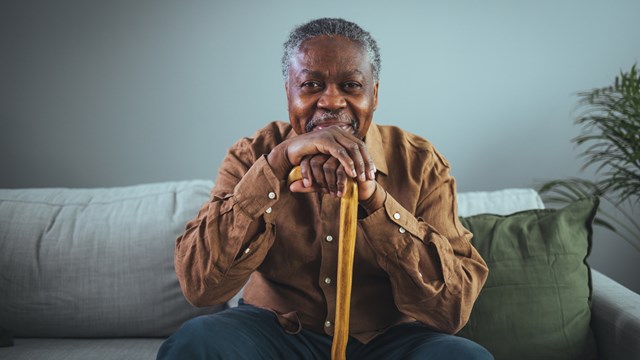
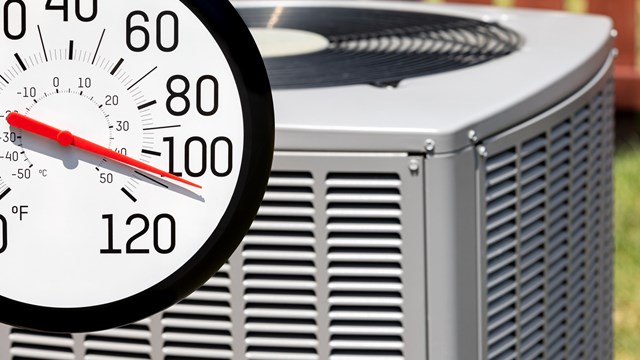

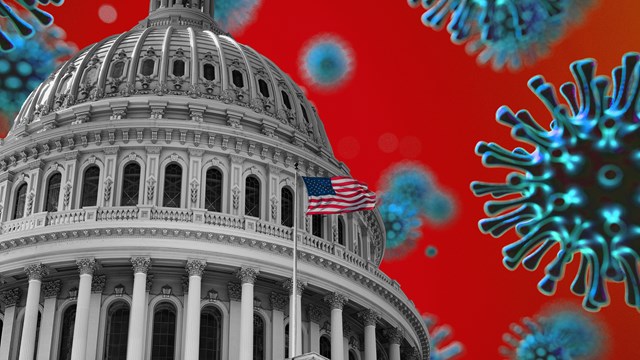
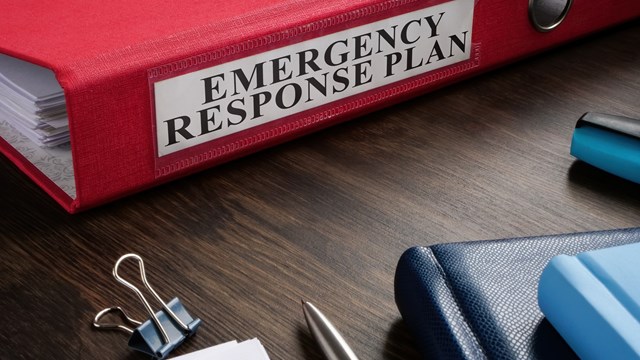
Leave a Comment